With a COVID-19 vaccination rate of just 30% among California children ages 5 to 11, Kaiser Permanente Northern California is partnering with local clinics and social service agencies to help get more kids protected.
The organization recently awarded $1.6 million in grants to 20 Northern California agencies for child and family vaccination outreach in areas with lower vaccination rates and to ensure the equitable distribution of the vaccine across communities of color. It is part of a larger $12 million investment in vaccine equity the organization has made to date.
“We still hear a lot of negative misinformation and distrust about the vaccine from what people believe are knowledgeable sources,” said Joan Singson, director of Population Health for San Joaquin County Clinics in Stockton, which received a $95,000 grant.
San Joaquin County Clinics offers pediatric vaccines at county schools and offers vaccine information and education to existing patients who have children, said Singson. She said pop-up clinics hosted around the county are “very kid friendly with lots of goofing around,” lollipops, and trinkets that help create a positive experience for the children.

The clinic also targets those at highest risk for becoming infected, including farm workers living in crowded housing, people experiencing homelessness, and hard-to-reach low-income residents, but anyone is welcome. Clinics in Stockton and French Camp, as well as pop-up locations at schools, flea markets, and local stores offer both testing and vaccinations.
For parents who are still undecided about getting the vaccine for themselves or their children, clinicians use calm but persistent education and information to encourage them to get it.
“Sometimes I am able to get unvaccinated people who come in for just a test to rethink their reasons for not getting vaccinated,” said Singson. “I might just ask them if they have ever received a vaccine in the past, and maybe ask them what they think might happen to them should they or their children get COVID-19. I try to get them to see the value of it, and sometimes I am able to turn them around.”
Vaccines were approved for children ages 5 to 11 more than 3 months ago, but in San Joaquin County only 18% are fully vaccinated, according to the California Department of Public Health. And just 62% of all eligible residents in the county are fully vaccinated.
The grants to community organizations are designed to bring those numbers up.
“Kaiser Permanente is proud to support community organizations that are breaking down barriers to getting children and their families vaccinated,” said Yvette Radford, Kaiser Permanente Northern California vice president of External and Community Affairs. “Vaccines are still the best way to prevent children from getting seriously sick if they get COVID-19 and to slow the spread of the virus in the community.”

Offering the vaccine to parents and their children at events organized around general health and wellness and other social services has been a good way to introduce educational opportunities to those not yet convinced the COVID-19 vaccine is a good idea, said Inés Ruiz-Huston, vice president of special programs and operations at El Concilio.
The Stockton social services agency also received a $95,000 grant from Kaiser Permanente to help get the word out about vaccine clinics administered by its partners including San Joaquin County Clinics, Golden Valley Health Centers, the county health department, and Community Medical Centers.
El Concilio workers go door to door in communities with low vaccine rates and call people on the phone. They also help people who can’t read or write and those without computers fill out forms in order to make getting the vaccine easier.
“At times I feel we are battling a lot of negative social media and word-of-mouth misinformation about the vaccines, so we are trying to change the narrative,” said Ruiz-Huston. “People will say it causes infertility or you have to pay for the vaccine, so we just have to keep going back to the grassroots, meeting people where they live in their communities and having those one-on-one conversations. And eventually, over time, it works.”
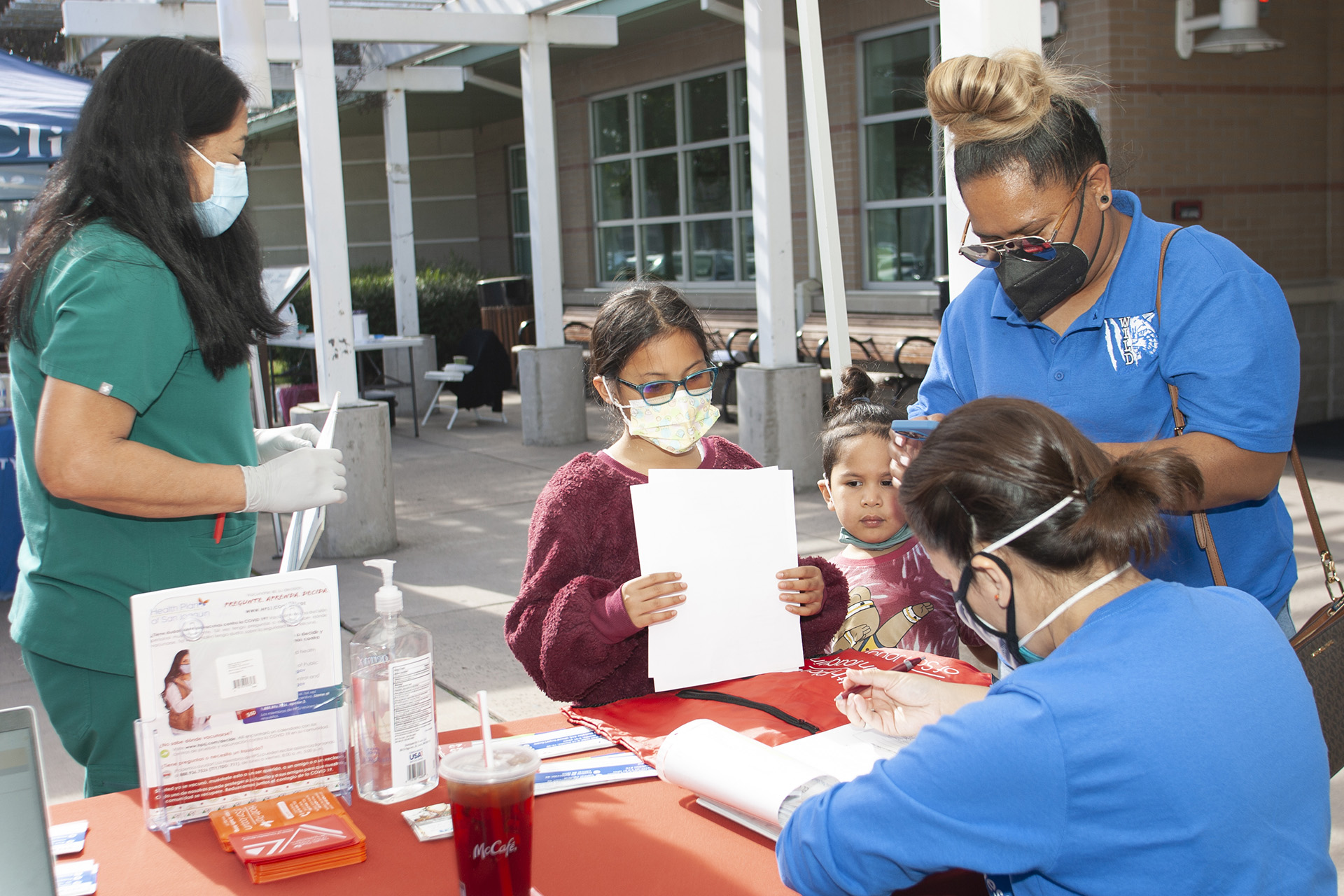
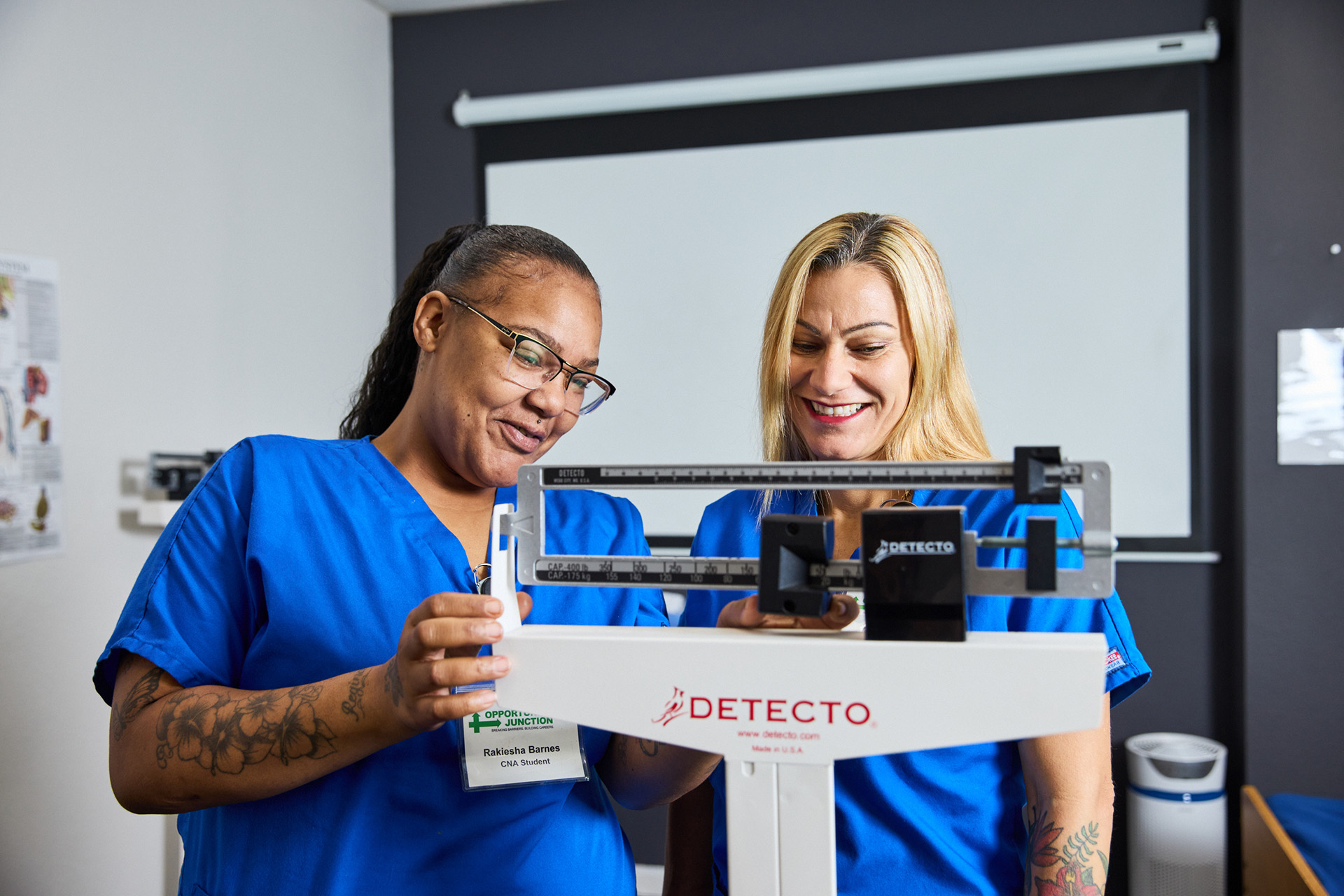
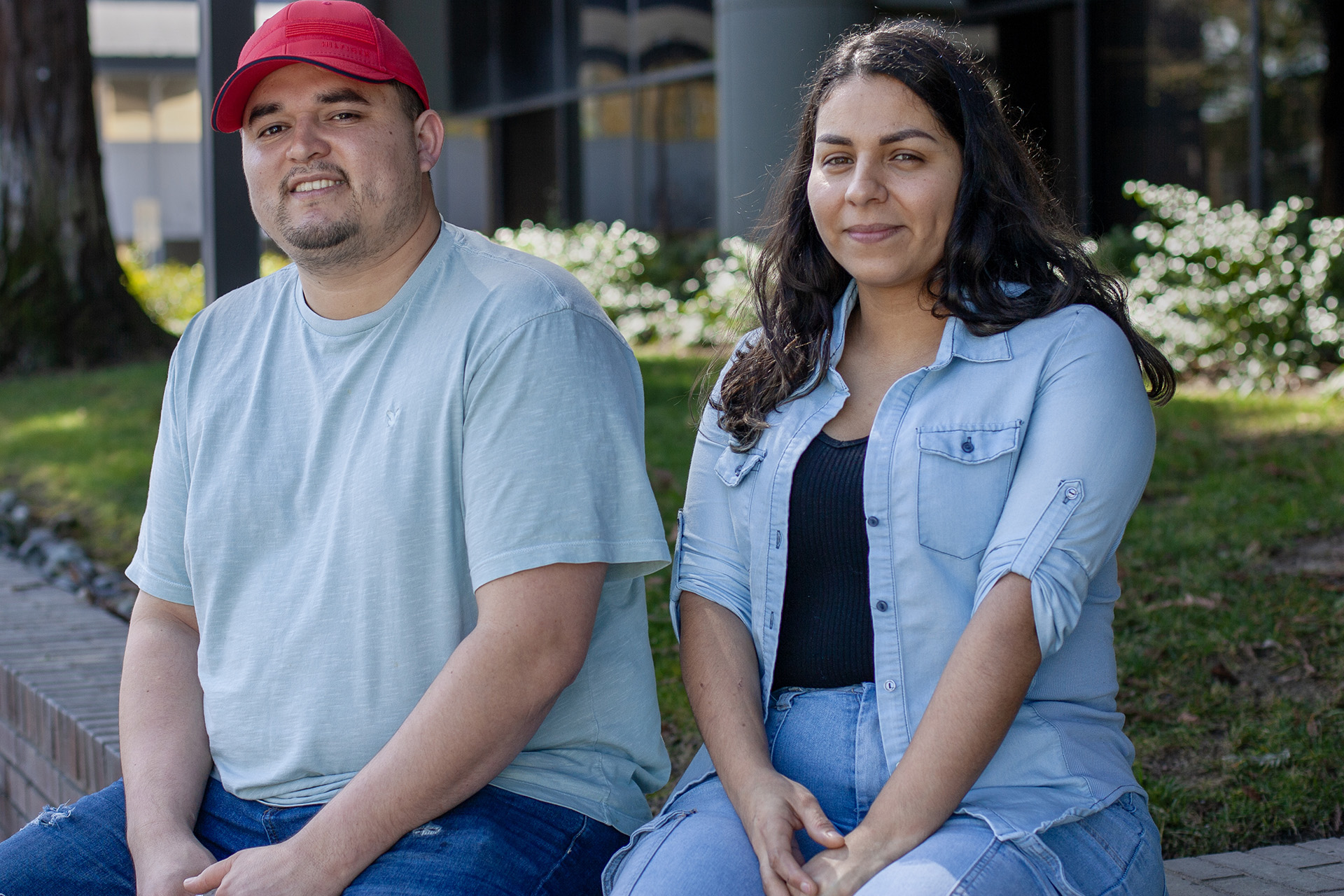
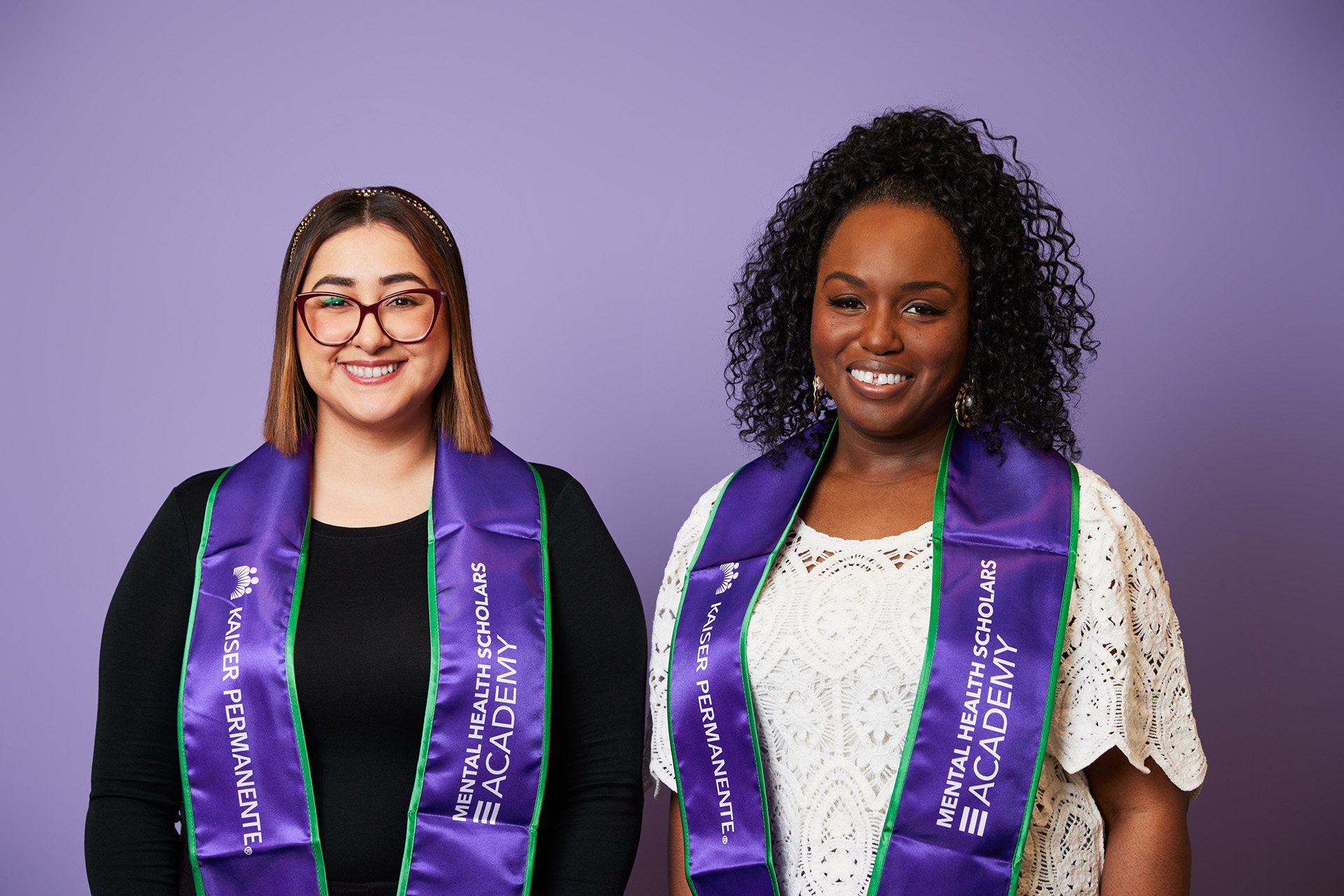
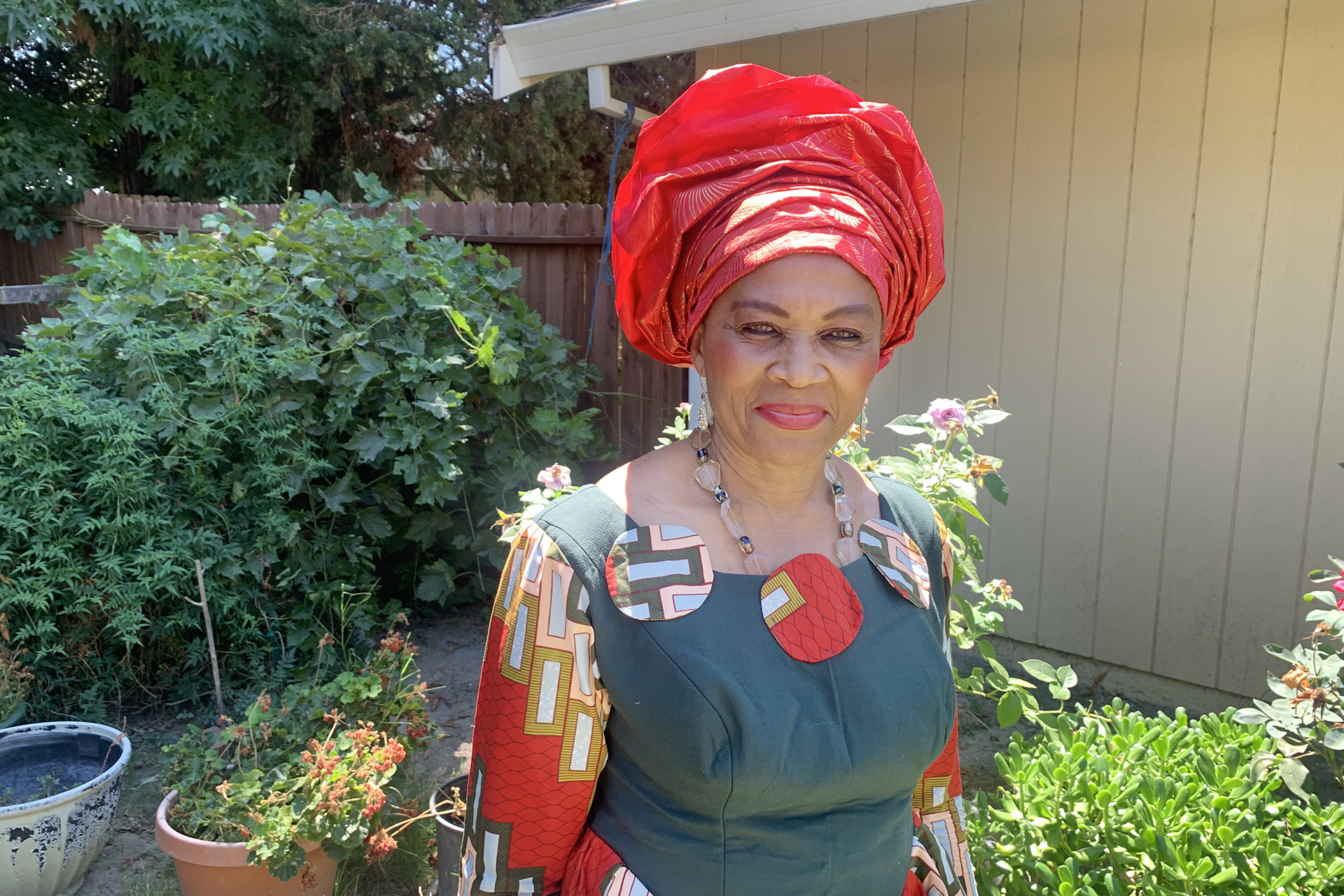
This Post Has 0 Comments